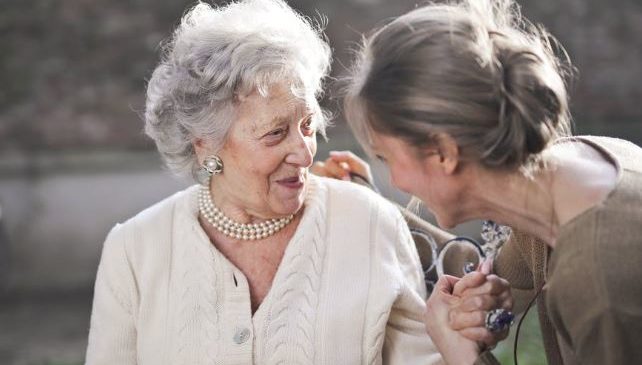Check out these dementia accusations and learn how you can respond better.
Those who have Alzheimer’s or dementia undergo irreparable changes in their brains that cause them to think differently, or to process things in a different way. This may come off as them believing things that aren’t real.
As a result, many elderly people would accuse those close to them of many things. While there are real cases of elderly abuse, we can determine if these are unfounded. We can determine if these are brought about by dementia paranoia and delusions caused by their condition.

Let’s take a look at the four most common dementia accusations and how you can respond to these.
4 Most Common Dementia Accusations
“You stole my money!”
Having dementia may mean they are not in tune with their finances as they were when they were younger. They may have lost control over their spending habits and can’t keep track of their finances. This is one of the most common dementia accusations you may encounter.
As a caregiver, you may be tasked with assisting them. You can use these responses:
- “Oh no! Don’t worry, I will help you look for it. Let’s start by checking your drawer…”
- “Your money is missing? I understand how that can be upsetting. Let’s go over your spending/bank statements to see what happened…”
- “It sounds like we need to check this with the bank. Let’s make sure to go there tomorrow. In the mean time, since the bank is still closed, let’s do this…(activity they would enjoy)”
To make them feel more in control, you can have them write on an old check so that they can still go over the motions of tracking their money. You can also give them a wallet with some real money or even fake money. Make sure to also keep their expenses organized and let them go over their statements when they’re feeling anxious.
“You stole my [object]!”
They may also accuse you of stealing an item that they can’t just find themselves or have misplaced.
Suggested responses:
- “I understand why you are upset. Let’s look over here, I think I saw it here earlier…”
- “Oh no, I must have put it in a different place while I was tidying up. Let me get it for you…”
- “I’m sorry that happened. Can we look around one more time?”
Get them organized so that you and them as well can easily find these items. Buy copies of frequently lost items so that you don’t have to look for those that have been lost.
“You are trying to poison me!”
Paranoia is actually one of the symptoms of dementia. This also presents one of the most common dementia accusations. They may think that you’re trying to poison their food or drinks.
Here’s how you can respond:
- “I understand why you’re feeling afraid. Please understand I would never do anything to harm you. Have you tried this [dish]? Here, let’s eat together while talking about [some topic that they like].”
- With their permission, you may take a bite from their plate to know that they are safe.
You may also ask them to join you in the kitchen so that they can see you prepare their food. It would also be a nice idea if they can participate so that they become engaged.
“You are keeping me prisoner!”
For those with dementia, letting them out can pose a danger to them and maybe even to others as well. They may easily get lost or injured.
Suggested responses:
- “Where should we go? Do you like that place? What do you like about going there?” Keep them talking about it.
- “We can go anywhere you like. What place do you want to go to? …That’s a great idea! Let’s go there after lunch…”
If possible and if it’s safe, you may agree to accompany them where they want to go. You may also just take them out for walks close to your home. While agreeing to go, you may try to get them ready and then redirect them to a different activity.
Need help caring for an elderly loved one? Call us at 09178560623.

Recent Comments